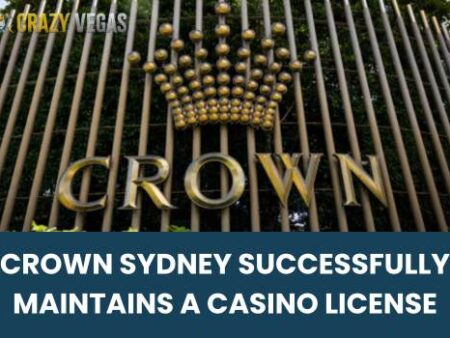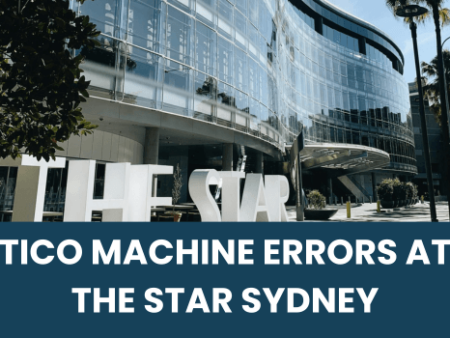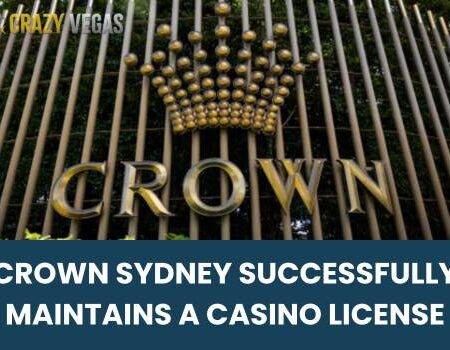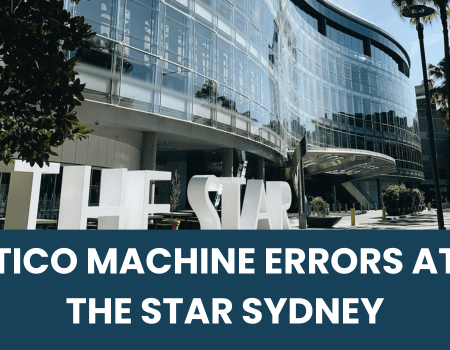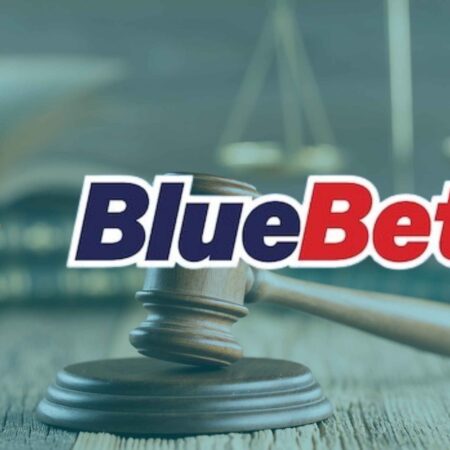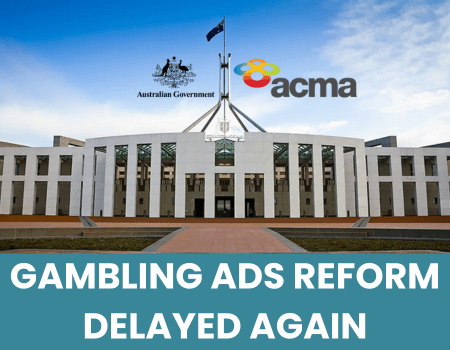The debate around gambling advertising in Australia has continued to gain momentum, with the federal government actively considering reforms. The focus is on reducing the harms associated with online gambling, particularly among vulnerable groups.
We dive into the key aspects of the Continued Gambling Ads Reform, exploring the background, proposed stages of the advertising ban, industry perspectives, regulatory measures, and the government’s response.
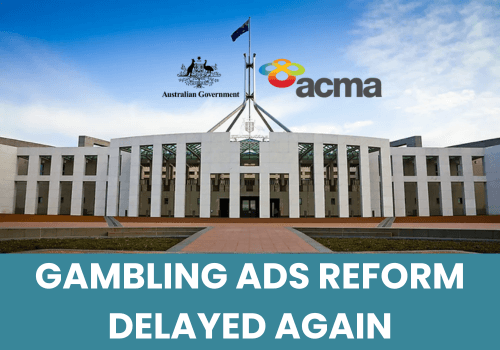
Gambling Ads: Inquiry and Experts
The roots of this discussion trace back to a bipartisan inquiry into online gambling harm, which recommended a ban on gambling advertising as a key measure to mitigate risks associated with excessive gambling.
To delve deeper into the implications of such a ban, the federal government has engaged regulatory advisory businesses like Nicholls MMC. Rob Nicholls from Nicholls MMC has been instrumental in initiating discussions with media companies to assess the potential outcomes of a ban.
Banning Gambling Ads
The push for gambling advertising reform is buoyed by strong public support and bipartisan consensus among politicians. Australians, along with policymakers, recognize the need to address the negative impact of excessive gambling and are leaning towards measures that promote responsible gambling practices.
Proposed Stages of Advertising Ban
Former MP Peta Murphy’s recommendations outline a staged approach to implementing an advertising ban. These stages include:
- Prohibition of online gambling inducements and specific advertising.
- Restrictions on gambling ads during sporting broadcasts.
- Ban on broadcast gambling advertising during specific hours.
- Complete ban on gambling advertising by June 2026, with exemptions for racing broadcasts.
Industry Perspectives and Challenges
While there is consensus on the need for reform, industry stakeholders, including media and sports executives, highlight challenges in implementing a total ban. The estimated spending of $300 million on gambling advertising poses financial concerns, especially for media platforms heavily reliant on such revenue streams.
Regulatory Measures and Self-Regulation
The effectiveness of self-regulatory codes governing online gambling ads is also under scrutiny. Platforms are urged to prohibit content that targets minors or exaggerates gambling success rates. However, the efficacy of these measures remains a topic of debate.
Monitoring and Oversight: Role of ACMA
The Australian Communications and Media Authority (ACMA) plays a crucial role in monitoring and enforcing regulations related to gambling advertising. However, challenges persist in tracking accountability across diverse platforms, complicating oversight efforts.
Government Response and Future Outlook
The government’s commitment to harm reduction and protecting vulnerable Australians is evident through engagements with industry stakeholders and harm-reduction advocates. While the implementation of a total ban poses challenges, policymakers are focused on finding a balanced approach that addresses concerns while ensuring effective regulation.
New South Wales Reforms and Impact on Gambling Addiction
Recent reforms in New South Wales aimed at addressing gambling addiction highlight the broader efforts to tackle this issue comprehensively. These reforms underscore the need for a multi-faceted approach combining regulatory measures, public awareness campaigns, and support for affected individuals.
Continuing Gambling Ads Reform Challenges
So, the continued debate on gambling advertising reform reflects a broader societal concern regarding responsible gambling practices. While there is consensus on the need for change, the path forward involves navigating complex challenges, including financial considerations, regulatory efficacy, and public awareness.
As discussions evolve and reforms take shape, the focus remains on striking a balance that safeguards vulnerable individuals while promoting a sustainable gambling environment.

